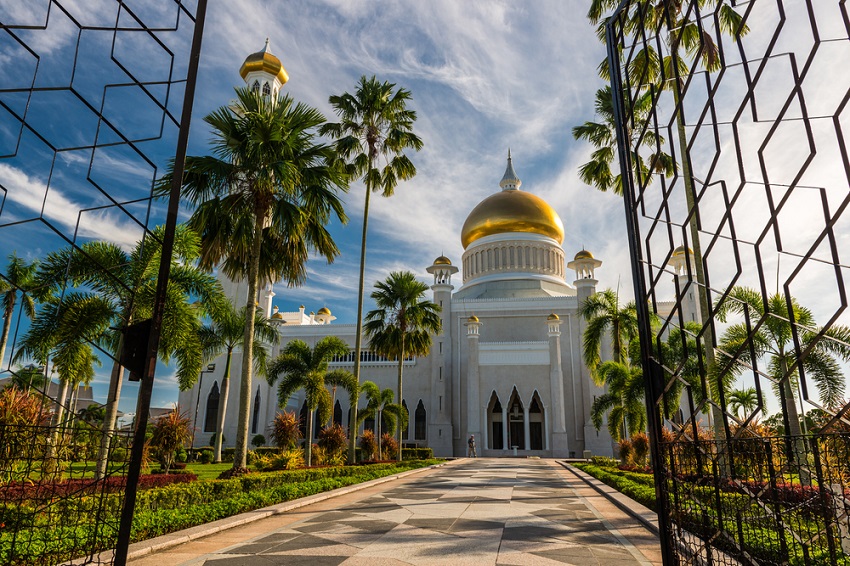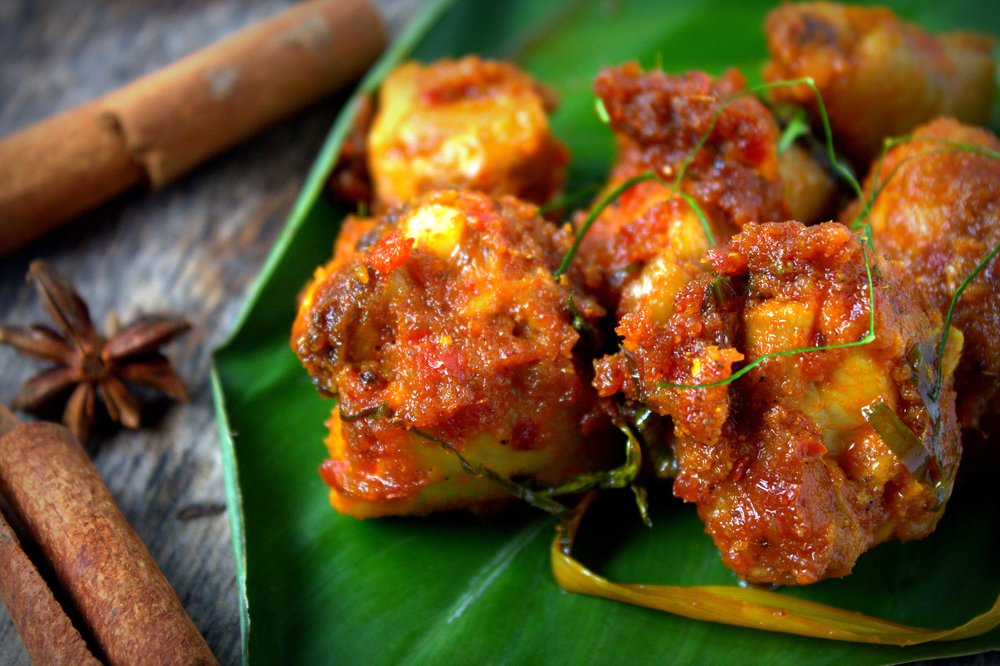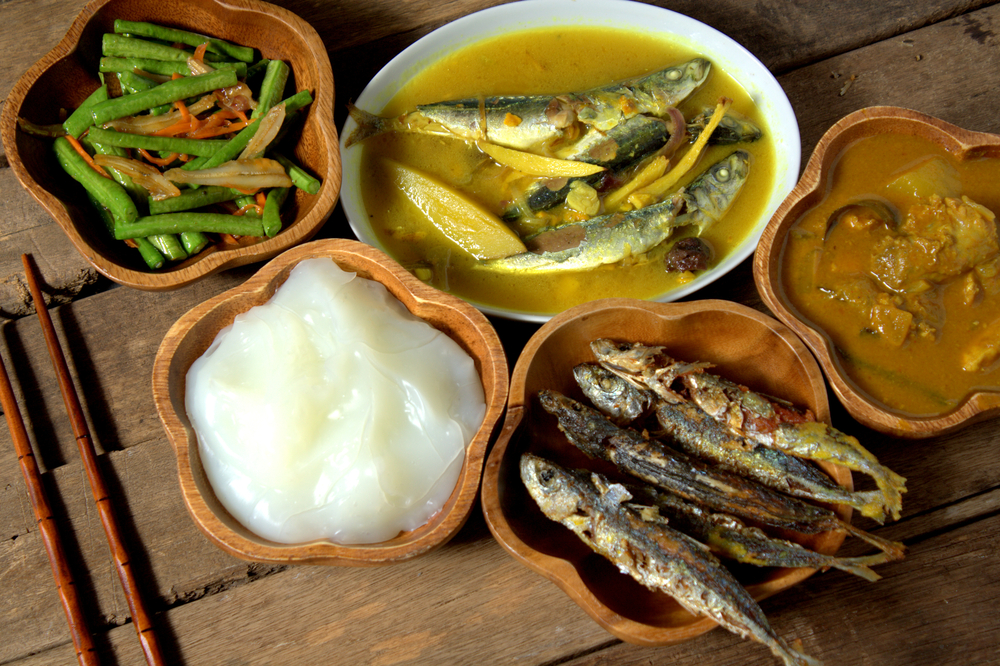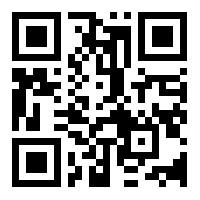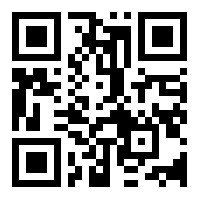Brunei - belief and religion
Islam is Brunei’s official religion. Most of the citizen is Malay Muslim. Before the Islamic invasion of Brunei, people on this land had beliefs in superstitious in which they made animal sacrifices. Now in Brunei, there are the Malay Muslim which is Sunni Islamapproximately 67%, Buddhist 13% and Christian 10%. Though Islam is its official religion, people have every right to choose what they believe in. Islamic religious days are National Public Holidays as well as Christmas. However, it is undeniable Islam still plays a vital role in Brunei where the religion is counted as ‘the Nation’s Philosophy’ manipulating Bruneian form of government, the rule of law, education, architecture and other festivals. In this topic, we will discuss primarily about Islam to explain the religion’s invasion and influences seen on these days. (ดลยา เทียนทอง, 2557:22)
Islam Invasion and Expansion in Brunei
It is unclear when exactly Islam had invaded this land. The old Chinese record in 977 indicatedthat a Bruneian Sultan sent a diplomatic mission to China with a Muslim head of mission representing the country. According to Kaojukau’s records, he wrote that “Chinese took 30-45 days traveling from their mainland to Brunei. During 15th century, a great number of Chinese started to settle by Kinabatankan River in North Borneo. Ong Sum Ping whose younger sister married Sultan Muhammad (1362-1402) was the ruler of China then. The Sultan was the very first ruler that allowed Islam into Bruneian dynasty and later changed his name from ‘Awang Alak Betatar’ to ‘Muhammad Shah’.” (ดลมนรรจ์ บากา และ ชัยวัฒน์ มีสันฐาน,2557:75)
It might seem that Islam had emerged on this land since 10th century and the written evidences by the Chinese came to light in 15th century. The ruler converted to Islam in which he adopted his Muslim name. Therefore, Brunei was called ‘the Land of Malay Muslim Dynasty’. The sultan, the head of state, ruled by using Islamic Law leading the country to a period of ‘Peace and Happiness’ or ‘Brunei Darussalam’. (ดลมนรรจ์ บากา และ ชัยวัฒน์ มีสันฐาน, 2557:77)
Islamic Influences Today
Islam has been long predominantly religion of Brunei at least since 15th century. Every Sultan is Islamic. The current Sultan Hasaanal Bolkiah was brought up Islamic and traditionally Bruneian. People view him as the example of Allah devout Muslim who is very religious. He performs the act of worship of the Allah’s kindness and conforms to Five Pillars of Islam in which he is obliged to Islamic duty to carry out the Hajj in Mecca in Saudi Arabia. He has been there for 6 times. His faith is largely highlighted in his speech on his Silver Jubilee declaring that ‘his faith in Islam will stay true. Islam will be the religion of this nation, the royal family, the royal pages and the people.’(ดลมนรรจ์ บากา และ ชัยวัฒน์ มีสันฐาน , 2557:106-107)
The invasion of Islam drastically changed how people on this land had lived. Islamic beliefs became a foundation regarding the form of government, ways of life and rule of law. Language is also heavily influenced. Spoken language was replaced by Islamic style often found in literature such as stone inscriptions, textbooks and international formal letters. All is written in Bahasa Maleyu with Jawi characters. (ดลมนรรจ์ บากา และ ชัยวัฒน์ มีสันฐาน , 2557:78)
In terms of education, religious schools in the 1950’s have been increasing from 7 to 80 schools in 1971 (Marie-Sybille de Vinne, 2015:269). Today religious schools, Arabic Language high schools, Religious Teachers colleges and Islamic Studies institutions are established. Brunei offers 170 public schools and 3 public universities: Universiti Brunei Darussalam (UBD), Universiti Islam Sultan Sharif Ali (UNISSA) and Institut Teknologi Brunei (ITB). (สถาบันเอเชียศึกษา จุฬาลงกรณ์มหาวิทยาลัย, 2558:142)
The establishment of higher Islamic Studies institutions with Arabic language has been very successful since 1988 with these following purposes. (ดลมนรรจ์ บากา และ ชัยวัฒน์ มีสันฐาน , 2557:158)
- To produce students who have considerable knowledge in Islam-teaching programs and Islamic Studies. (ดลมนรรจ์ บากา และ ชัยวัฒน์ มีสันฐาน, 2557:158)
- To improve the country’s educational standard under the forms of Ahli Sunah Waljamaah and Mazhab Safii as well as imposing Melayu, Islamic and the Monarchy concepts on how people should live their lives.
- To support the establishments of Islamic Studies Research Institutions (ดลมนรรจ์ บากา และ ชัยวัฒน์ มีสันฐาน, 2557:158) where they are specialized in three different fields: Shariah Studies, Usuluddin Studies and Arabic Language. When the students graduate from these institutions, they can pursue higher education in the three fields at Al-Azhar University in Egypt. Now Saltan Hassanal Bolkiah decided to initiate both bachelor and master degrees in Islamic Studies. (ดลมนรรจ์ บากา และ ชัยวัฒน์ มีสันฐาน, 2557:158)
The government has planned to improve their educational platforms to be in accordance with a long-term development plan or ‘Wawasana Brunei 2035’. They took initiative on new educational platform called ‘The new National Education of the 21st Century – SPN 21’ exemplified by France.It focuses on student-centered learning in which Malay Islamic Monarchy Studies and Islamic Religious Knowledge are featured in prerequisite courses. They aim to increase students in higher education from 13% to 30% within 5 years. (สถาบันเอเชียศึกษา จุฬาลงกรณ์มหาวิทยาลัย, 2558:140)
As such, Islam is truly Brunei’s official religion. It has great effects on both secular and religious worlds. In April 30, 2014 Shariah Law was declared the rule of law by Sultan Hassanal Bolkiah. In 2013, the Sultan gave a royal speech in ‘Community of Knowledge’ exhibition held at National Convention Center informing that the Shariah Law would be effective in the six months. ‘Shariah Law is a special guidance from Allah’, he added. (ประชาไท, 2556)
Shariah Law is a code of laws derived from religious teachings and jurisprudence based on Islam. The structure of laws covers every aspect of people’s lives such as the form of government, economics system. banking system, transactions or contracts, family relationship, sanitation, social issues etc. the role of Shariah Law tends to protect these five qualities of a man’s life: religion, life, wisdom, descendants and assets including privacy and public interest. It puts order into hierarchical society. (สามารถ ทองเฝือ, 2557:179-180)
Shariah Law enforcement in Brunei has gone through a three-phase process within two years. The second phase started 12 months after the Government Gazette issued on 1st May 2014. This law is enforced on any action pleaded guilty as mentioned in Al Quran and under guidance of Muhammad or Assunnah. However, it leaves out any form of capital offences. Petty larceny, for example, has a practice of cutting off the hands of the accused as a punishment (สามารถ ทองเฝือ, 2557:181). The third and final phase started 24 months after the Government Gazette issued on 1stMay 2014. The law is fully effective. Any action considered a serious offence such as prostitution, same-sex intercourse and attempted murder will be sentence to be executed. (สามารถ ทองเฝือ, 2557:181). After it had been declared the law would be effective as the rule of law by the last quarter of 2013, the Human Rights Watch, an international organization that carries out research and supports human rights, criticized it on grounds that the law would contribute negatively to Bruneian society. Phil Robertson, deputy director of Human Rights Watch’s Asia Division, said “if Brunei has a democratic form of government instead of authoritarianism or Absolute Monarchy, you would not see setback reactions. People are very aware whenever they look up. They see many faces of the Sultan’s officials. Blocking the ship means you would end up in court which is far from what we call ‘justice’.”(ประชาไท, 2556)
After Brunei had introduced the law on 30th April 2014, United Nation called for a postpone of Brunei’s new law because of its implementation that would be considered changes to be compatible with Universal Human Rights. Social media platforms gave harsh reactions to the implementation of the new law that the Sultan felt the urge to warn them off (มติชนต์ออนไลน์, 2557). However, amidst growing domestic and international criticism, the Sultan insisted the implementation of Shariah Law saying that “I never intend to harm anybodyneither asking for acceptance or agreement.But I ask to respect me as I respect you” (ASTVผู้จัดการออนไลน์, 2557).
At the present, Shariah Law has already been implemented and fully effective. Brunei is a subject of interest regarding enacting the new law. Though people’s qualities of lives are well taken care by the state, Human Rights are what others concern.
Bibliography
ดลมนรรจ์ บากา และ ชัยวัฒน์ มีสันฐาน . (2557). ประวัติศาสตร์บรูไน. กรุงเทพมหานคร: มูลนิธิโครงการตำราสังคมศาสตร์และมนุษยศาสตร์.
ดลยา เทียนทอง. (2557). บรูไน. กรุงเทพมหานคร: นานมีบุ๊คส์พับลิเคชั่นส์.
สถาบันเอเชียศึกษา จุฬาลงกรณ์มหาวิทยาลัย. (2558). รายงานฉบับสมบูรณ์(Final Report) การศึกษาข้อมูลพื้นฐานเพื่อจัดทำแนวทางการดำเนินงานความรับผิดชอบต่อสังคม (CSR) ในประเทศอาเซียนที่กลุ่ม ปตท.ดำเนินธุรกิจ (กัมพูชา สปป.ลาว บรูไน มาเลเซีย ฟิลิปปินส์ และสิงคโปร์). กรุงเทพมหานคร: สถาบันเอเชียศึกษา จุฬาลงกรณ์มหาวิทยาลัย.
สามารถ ทองเฝือ. (2557). อิสลามการเมืองในการบริหารรัฐสุลต่านบรูไนดารุสซาลาม. วารสารการเมืองการปกครอง, 174-185.
ASTVผู้จัดการออนไลน์. (05 พฤษภาคม 2557). เป็นเรื่อง! คนดังทั่วโลกแห่ “คว่ำบาตร” เครือโรงแรมของกษัตริย์บรูไนตอบโต้ “กฎหมายชารีอะห์”. เรียกใช้เมื่อ 15 มิถุนายน 2559 จาก ASTVผู้จัดการออนไลน์: http://www.manager.co.th/Around/ViewNews.aspx?NewsID=9570000049801
ประชาไท. (24 ตุลาคม 2553). สุลต่านบรูไนเตรียมใช้กฎหมายชารีอะห์เป็นกฎหมายอาญา. เรียกใช้เมื่อ 15 June 2016 จาก ประชาไท: http://prachatai.com/journal/2013/10/49388
มติชนออนไลน์. (30 เมษายน 2557). สุลต่านบรูไนประกาศใช้ "กฎหมายชารีอะห์" 1 พ.ค.นี้. เรียกใช้เมื่อ 15 มิถุนายน 2559 จาก matichon online: http://www.matichon.co.th/news_detail.php?newsid=1398847170
Marie-Sybille de Vinne. (2015). BRUNEI From the Age of Commerce to the 21st Century. Singapore: Markono Print Media Pte Lld.
